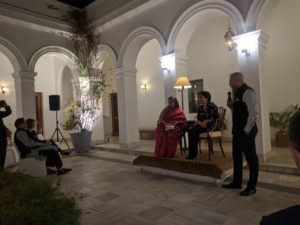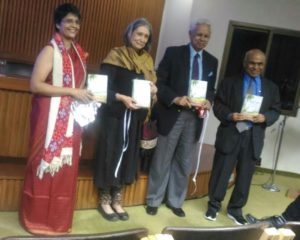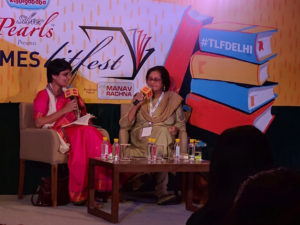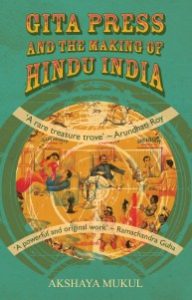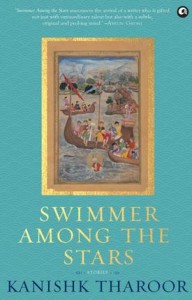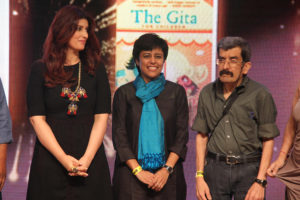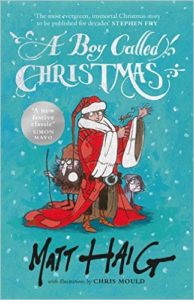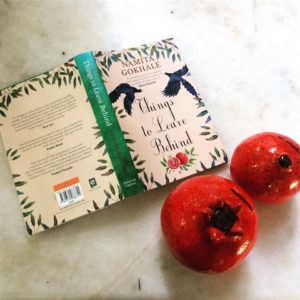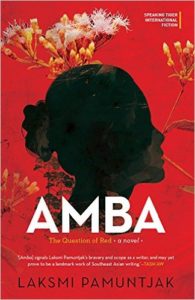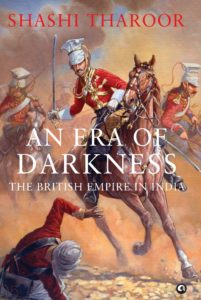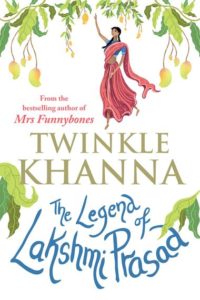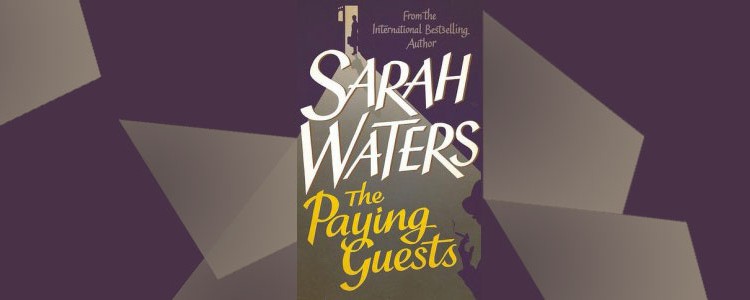Marilynne Robinson “When I was a child I read books”
At the church garden fete I got lucky at the secondhand bookstall and bought a pile of books. One of these was Marilynne Robinson’s When I was a child I read books . It was published in 2012 and consists of her essays about literature and faith. She argues that her writing and probably that of others derives from the myriad experiences a writer garners in life. It could be from different aspects such as one’s reading, religious practices, academic discipline etc. In her essay “Freedom of thought” from which the following extract is taken she explores this argument in depth.
******
There is a great difference, in fiction and in life, between knowing someone and knowing about someone. When a writer knows about his character he is writing for plot. When he knows his character he is writing to explore, to feel reality on a set of nerves somehow not quite his own. Words like “sympathy,” “empathy,” and “compassion” are overworked and overcharged — there is no word for the experience of seeing an embrace at a subway stop or hearing an argument at the next table in a restaurant. Every such instance has its own emotional coloration, which memory retains or heightens, and so the most sidelong, unintended moment becomes a part of what we have seen of the world. Then, I suppose, these moments, as they have seemed to us, constellate themselves into something a little like spirit, a little like a human presence in its mystery and distinctiveness.
Two questions I can’t really answer about fiction aer (1) where it comes from, and (2) why we need it. But that we do create it and also crave it is beyond dispute. There is a tendency, considered highly rational, to reason from a narrow set of interests, say survival and procreation, which are supposed to govern our lives, and then to treat everything that does not fit this model as anomalous clutter, extraneous to what we are and probably best done without. But all we really know about what we are is what we do. There is atendency to fit a tight and awkward carapace of definition over humankind, and to try to trim the living creature to fit a dead shell. The advice I give my students is the same advice I give myself — forget definition, forget assumption, watch. We inhabit, we are part of, a reality for which explanation is much too poor and small. No physicist would dispute this, though he or she might be less ready than I am to have recourse to the old language and call reality miraculous. By my lights, fiction that does not acknowledge this at least tacitly is not true. Why is it possible to speak of fiction as true or false? I have no idea. But if a time comes when I seem not to be making the distinction with some degree of reliability in my own work, I hope someone will be kind enough to let me know.
When I write fiction, I suppose my attempt is to stimulate the integrative work of a mind perceiving and reflecting, drawing upon culture, memory, conscience, belief or assumption, circumstance, fear, and desire — a mind shaping the moment of experience and response and then reshaping them both as narrative, holding one thought against one another for the effect of affinity or contrast, evaluating and rationalizing, feeling compassion, taking offense. These things do happen simultaneously, after all. None of them is active by itself, and none of them is determinative, because there is that mysterious thing the cognitive scientists call self-awareness, the human ability to consider and appraise one’s own thoughts. I suspect this self-awareness is what people used to call the soul.
Modern discourse is not really comfortable with the word “soul,” and in my opinion the loss of of the word has been disabling, not only to religion but to literature and political thought and to every humane pursuit. In contemporary religious circles, souls, if they are mentioned at all, tend to be spoken of as saved or lost,having answered some set of divine expectations or failed to asnwer them, having arrived at some crucial realization or failed to arrive at it. So the soul, the masterpiece of creation, is more or less reduced to a token signifying cosmic acceptance or rejection, having little or nothing to do with that miraculous thing, the felt experience of life, except insofar as life offers distractions or temptations.
(pp. 6-9)
Marilynne Robinson When I was a child I read books Virago Press, London, 2012. Pp. pgs. 210
15 February 2018

